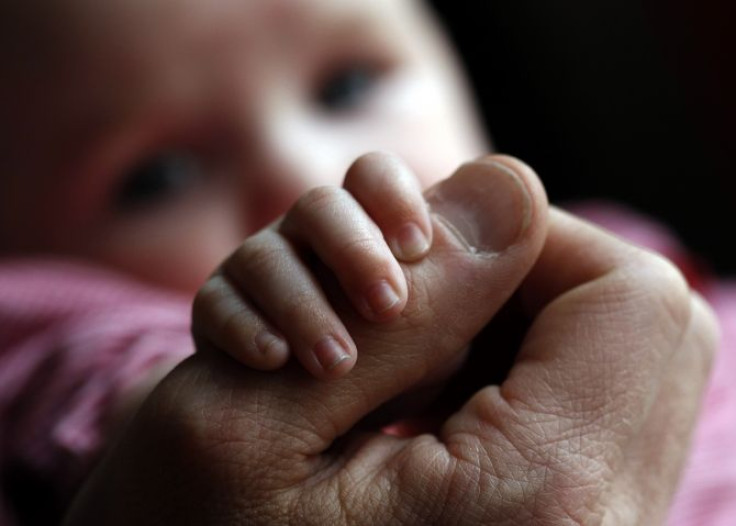Genetic Basis of Stunted Growth in Children Found

Researchers from UCLA say that they have found the mutation responsible for IMAGe syndrome.
A mutation in a gene that can lead to IMAGe, a disease that stunts growth in infants, can also lead to a condition in which cells grow bigger that leads to babies growing very large, the study says.
The discovery holds special significance to lead author Dr. Eric Vilain, who had cared for two boys who suffered from IMAGe. He said that he has been trying to find a cause for this disease for nearly two decades.
"I never found a reason to explain these patients' unusual set of symptoms. I've been searching for the cause of their disease since 1993," said Vilain.
IMAGe is a very rare disease with only 20 cases being reported in the last decade.
A major breakthrough in the research came when Dr. Ignacio Bergada, a physician from Argentina emailed Vilain about a large family that he was treating in which 8 members were suffering from IMAGe. It was DNA samples from this family that pushed the present study forward.
"At last we had enough samples to help us zero in on the gene responsible for the syndrome. Sequencing technology had also advanced in sophistication over the past two decades, allowing us to quickly analyze the entire family's DNA samples," Vilain said.
The research team from UCLA performed next-generation sequencing to find the culprit gene behind this disease.
"We discovered a mutation in a tiny sliver of the chromosome that appeared in every family member affected by IMAGe syndrome. This was a big step forward. Now we can use gene sequencing as a tool to screen for the disease and diagnose children early enough for them to benefit from medical intervention," said Vilain.
Researchers say that they were surprised to find that the mutation that resulted in IMAGe was at the same gene where a mutation is known to cause Beckwith-Wiedemann syndrome.
"What makes this special for me is finally being able to unravel what caused the life-threatening disease in the two patients I saw nearly 20 years ago. As a clinical scientist, the reward for successful research is uncovering new clues that allow us to help patients feel better by improving their medical care," Vilain said.



























